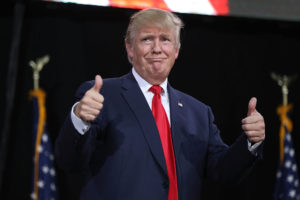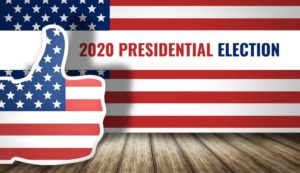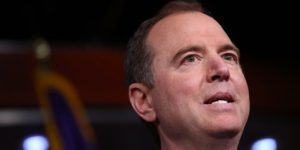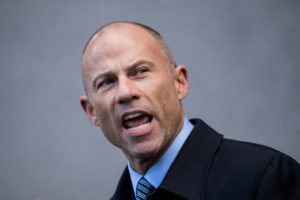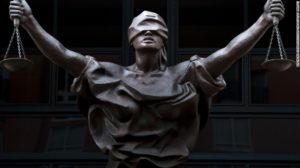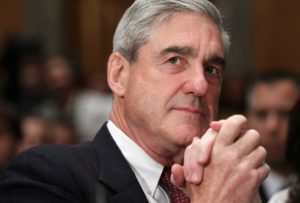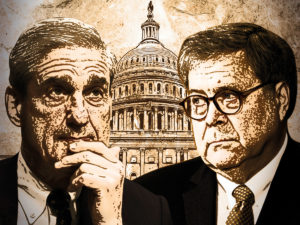My wife and I are continuing to make new acquaintances in our new home in Collin County and as we do, we routinely tell folks from where we moved.
We came here from Amarillo, we tell folks. The response is varied. “Oh yeah. I’ve been through there. Have you eaten the big steak?” is one. “Hey, that Palo Duro Canyon is really something,” is another.
We met a fellow the other day who said this, “I go to Amarillo frequently. Man, that city has changed!”
Yeah. It has. I didn’t take the time to ask what precisely he has noticed about the changes he has observed, although I did offer my own brief observation.
“The downtown district is nothing like it used to be,” I told him, “and it’s still undergoing an amazing transformation.”
Indeed, the city’s change has been dramatic.
We moved to Amarillo in early 1995. I went to work at the Globe-News’ office downtown. I was struck by how quiet it was. I learned of the “main drag” that used to run along Polk Street. The blocks between Seventh and Ninth Avenues were virtually desolate.
They are no longer desolate. There has been a tremendous infusion of business activity along Polk. And along Buchanan Street. So, too, along 10th Avenue.
There’s tremendous construction clamor occurring as crews work to finish ongoing projects. The Potter County Courthouse complex restoration has transformed the courthouse square. County commissioners have just voted to proceed with a $54 million construction of a new courts building.
And, let’s not ignore Hodgetown, the new ballpark that is getting the finishing touches in time for the Amarillo Sod Poodles’ home baseball opener in a couple of weeks.
The medical complex on the far west end of the city is growing. Texas Tech University is pushing ahead with construction of a college of veterinary medicine in Amarillo. Medical clinics are popping up throughout the area.
Texas highway planners are tearing the daylights out of Interstates 40 and 27. City street repair is diverting traffic throughout the community.
Has the city undergone change? Uhh, yeah! It has!
Part of me wishes we could watch it unfold in real time. A bigger part of me enjoys seeing the result of all that effort upon our occasional return trips to the place we called home.

